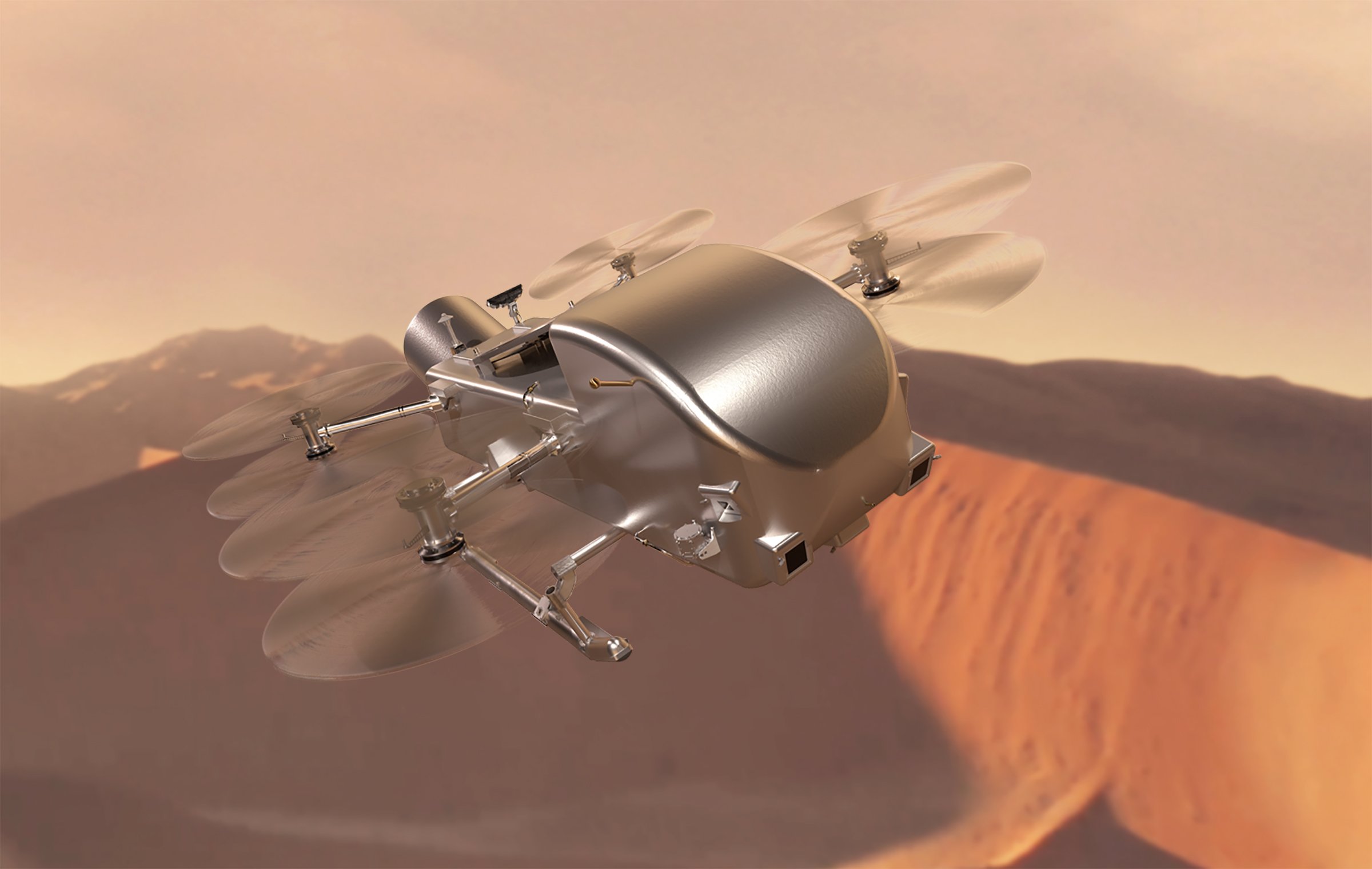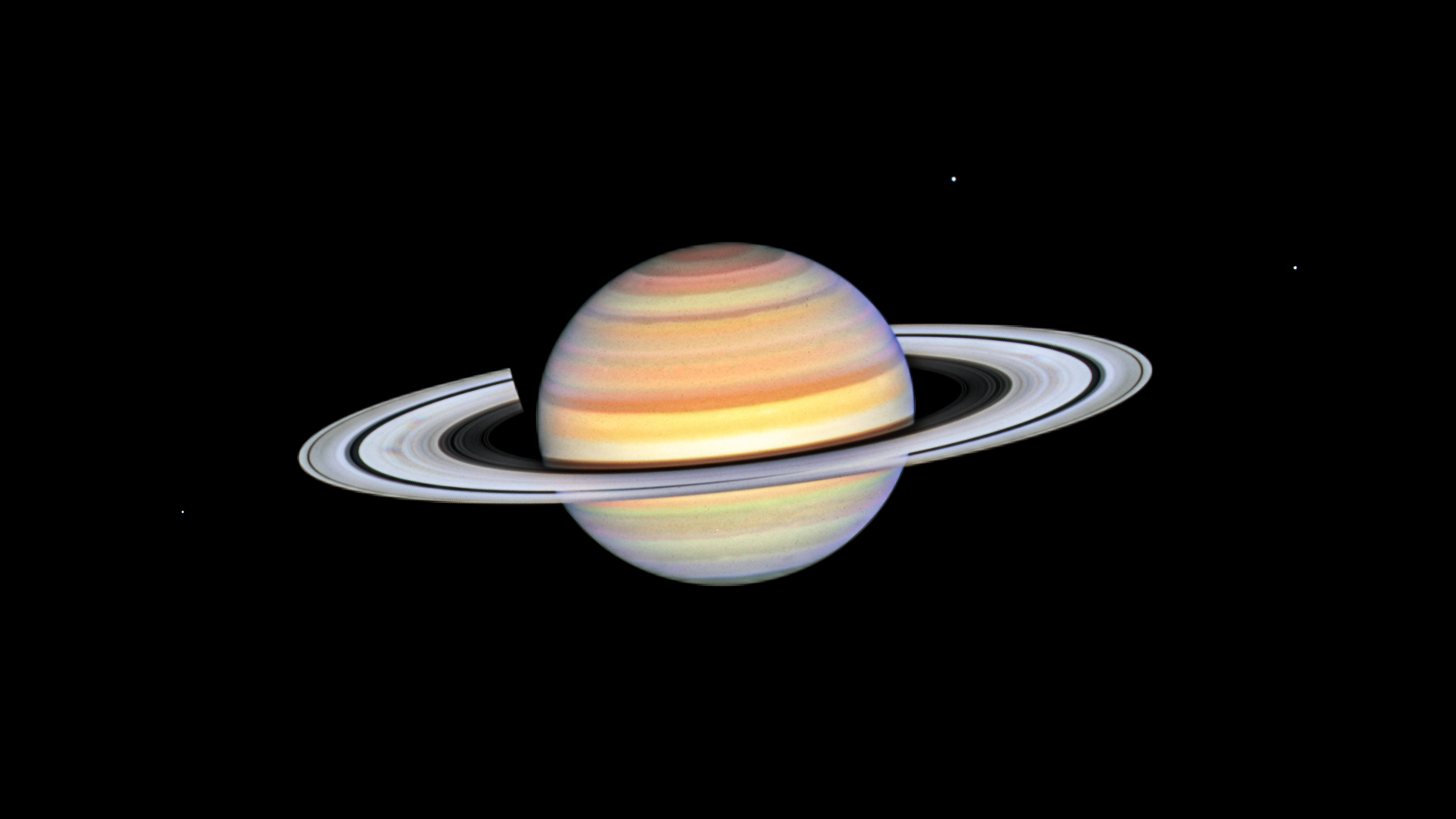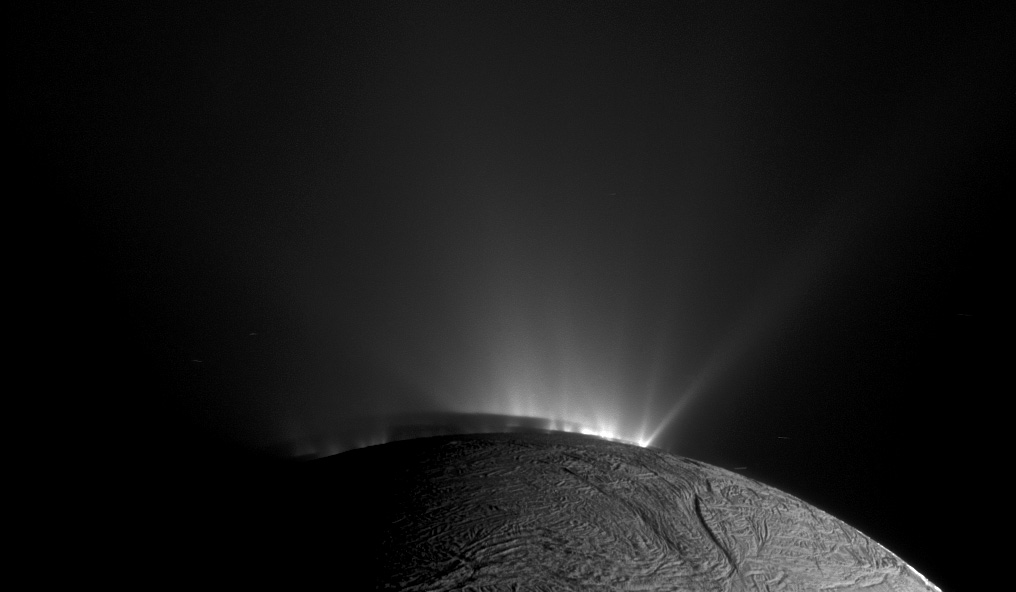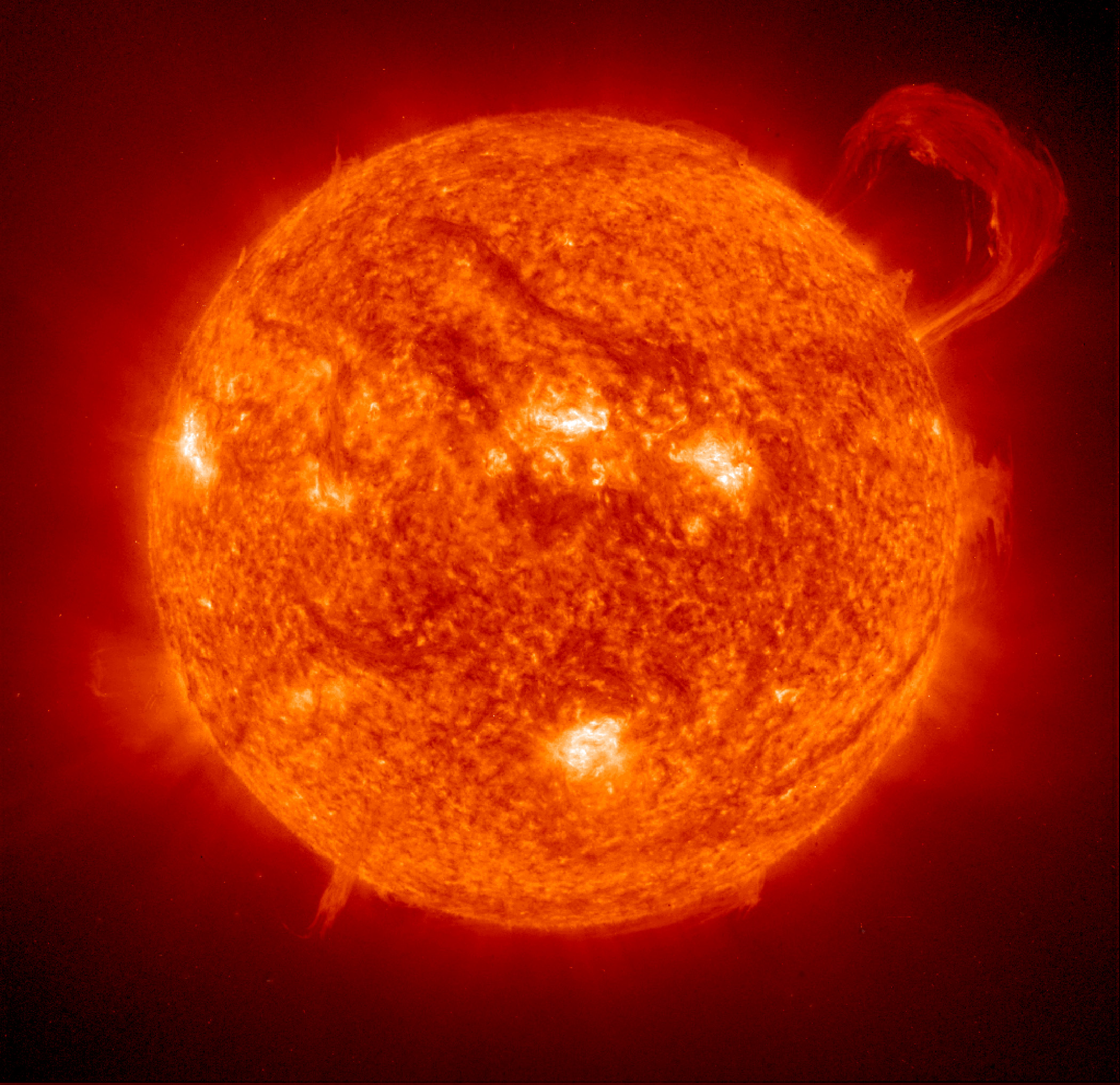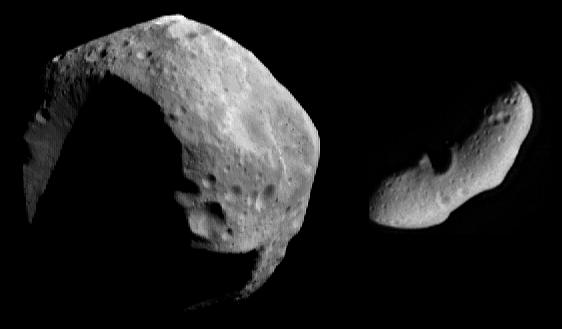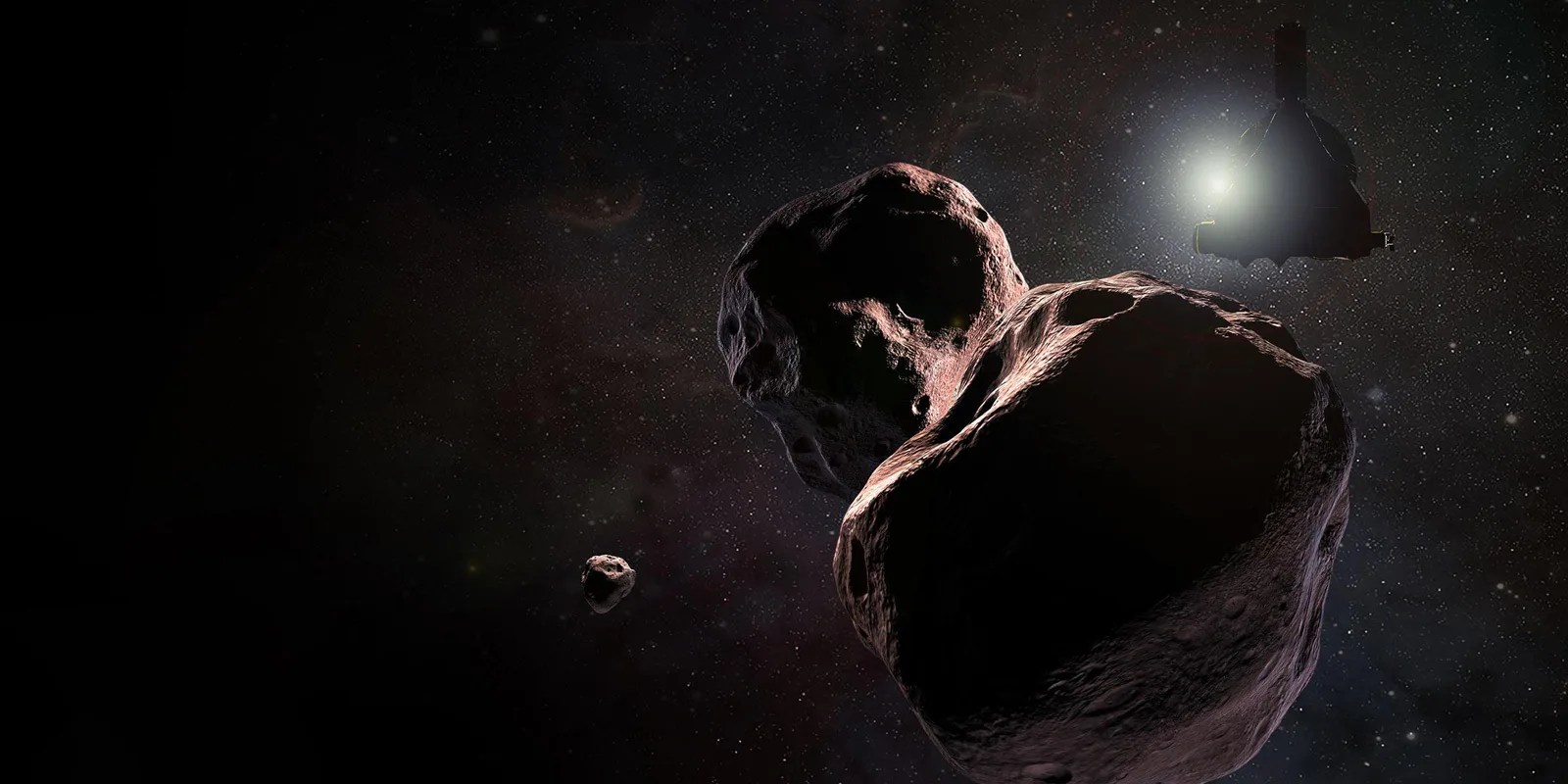3 min read
Cassini Significant Event Report
For Week Ending 01/28/00
The most recent spacecraft telemetry data was acquired from the Goldstone
tracking station on Sunday, 01/23. The Cassini spacecraft is in an excellent
state of health and is operating normally. The speed of the spacecraft can be viewed on the "Where is Cassini Now?" web page (http://saturn.jpl.nasa.gov/operations/present-position.cfm)
This week Cassini flew by the asteroid 2685 Masursky, with a closest
approach of about 1.5 million km occurring at 9:58 UTC on January 23.
Three of the Remote Sensing instruments (ISS, VIMS, and UVIS) made
observations a few hours before closest approach, when the
sun-spacecraft-earth angle was nearest to 90 degrees. Goals of this
activity include determining the asteroid's size and dimensions, albedo
and photometric measurements; and the first high-resolution spectrum of an
asteroid in the 2.5-5.0 micron region. This event also served as a
calibration opportunity, helping to determine the alignment of the
boresights of the three ORS instruments, and determining instrument
limitations when observing a small, barely resolvable object, as will be
the case when observing Saturn's satellites during Tour.
Other on board activities included clearing the AACS High Water Marks,
Flight Software Partition Maintenance and an AACS Active Vector Update.
This week the Mission Planning Team finished updates to the Cassini
Mission Plan document that reflect our plans for the Instrument Checkout -
2 (ICO-2) subphase. The ICO-2 subphase occurs while the Cassini spacecraft
cruises from the outer reaches of the main asteroid belt to Jupiter. It
gives the instrument teams an opportunity to test and calibrate their
instruments in preparation for science operations at Saturn, beginning in
2004, and for science operations during the encounter with Jupiter late
this year. Completion of the Mission Plan updates and supporting documents
signals the end of the planning process for ICO-2 and the start of the
implementation process, when the Sequence Team translates the plans into
sequences of commands for the spacecraft.
The Cassini Project Science Group (PSG) met this week. Details will be
reported in next week's status report.
Additional information about Cassini-Huygens is online at http://saturn.jpl.nasa.gov.
Cassini will begin orbiting Saturn on July 1, 2004, and release its piggybacked Huygens probe about six months later for descent through the thick atmosphere of the moon Titan. Cassini-Huygens is a cooperative mission of NASA, the European Space Agency and the Italian Space Agency. JPL, a division of the California Institute of Technology in Pasadena, manages the mission for NASA's Office of Space Science, Washington, D.C.
Media Relations Office
Jet Propulsion Laboratory
California Institute of
Technology
National Aeronautics and Space
Administration
Pasadena, Calif. 91109.
Telephone (818) 354-5011

